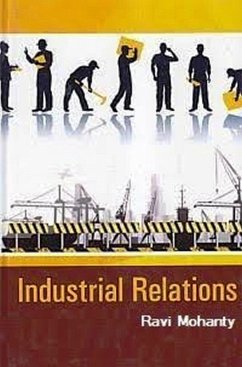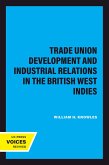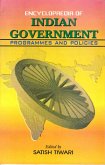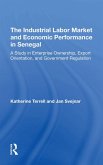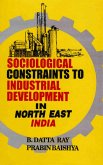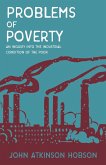Industrial relations as a field of study within the social sciences, embraces forms of regulation other than collective bargaining, and particularly, the law and unilateral rule making by management or work groups. Nonetheless, public policy and much academic study in the post-war period was centred on trade unions, as collective bargaining was widely seen as a vital means by which the benefits of productivity growth could be distributed in a fair way, while in the wider political arena trade unions could serve as vital intermediary organizations in pluralist societies. Although it has endured, the industrial relations systems concept has been criticized and challenged. Criticisms have included charges that it is too static, failing to specify how change occurs in industrial relations; that its treatment of ideology is too simplistic; and that it is too deterministic or does not encourage sufficient appreciation for strategic choices made by the actors. Industrial economics has evolved to account for the successes and failures. The chapters attempt to describe these changes in Industrial economics-both in the kinds of models used and in the factors that are identified as playing key roles.
Dieser Download kann aus rechtlichen Gründen nur mit Rechnungsadresse in A, B, BG, CY, CZ, D, DK, EW, E, FIN, F, GR, HR, H, IRL, I, LT, L, LR, M, NL, PL, P, R, S, SLO, SK ausgeliefert werden.

